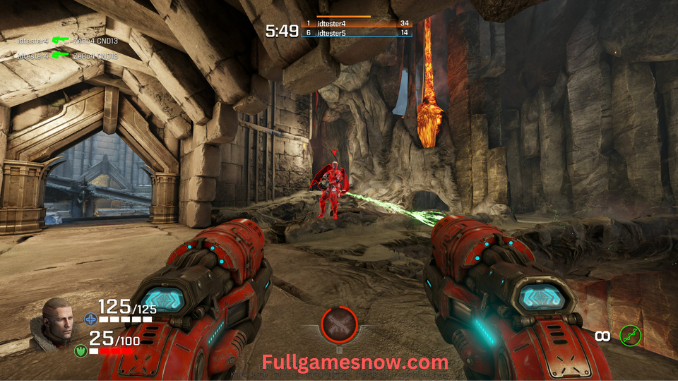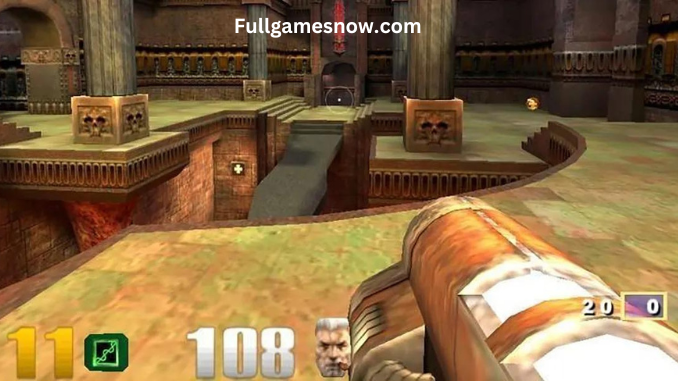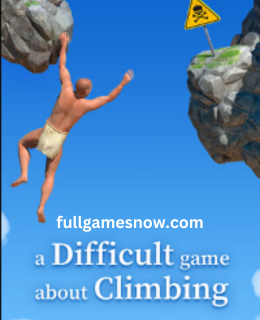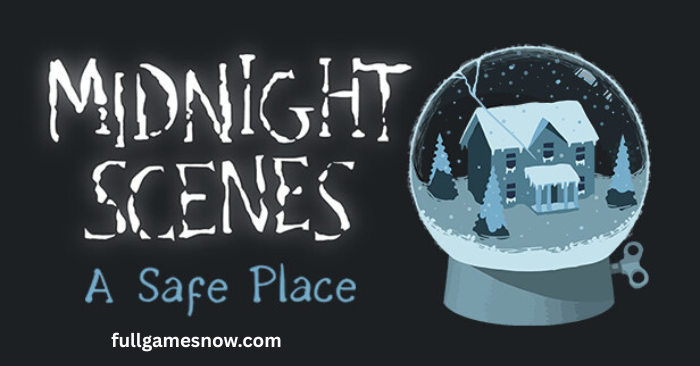Quake Full Pc Game [2026]

Quake, a famous first-individual shooter game, has made a permanent imprint on the gaming scene since its initiation. Created by id Programming, Tremor has developed throughout the long term, charming players with its serious activity, state-of-the-art designs, and inventive ongoing interaction. So, The establishment has ceaselessly pushed the limits of the FPS classification, and its impact should be visible in endless games that followed.
Multiplayer Field Fight:
So, the center of Tremor’s appeal is the adrenaline-siphoning Multiplayer Field Fight. From the beginning of LAN gatherings to the broad online multiplayer fields of today, Quake has reliably conveyed an unmatched serious encounter. So, high-speed development, expertise-based weapon mechanics, and key guide designs establish a climate where reflexes and guide mindfulness are critical. Whether taking part in exemplary death match modes or group-based contests. Tremor’s multiplayer field fights stay a benchmark for the FPS classification, cultivating a devoted local area of players who value the immortal rush of fragging rivals in serious virtual milestones.
Quake takes players on an excursion through tormenting and air regions, and the Reviled Sanctuary Conditions stand apart as a demonstration of the game’s vivid plan. So, creepy and otherworldly settings, frequently loaded up with esoteric images and foreboding engineering, add a layer of tension to the interactivity. Exploring through faintly lit passageways, players experience sneaking foes and reveal stowed-away privileged insights inside the reviled sanctuaries. The eerie soundtrack further strengthens the experience.
Outsider Attack Situation:
In Quake’s story-woven artwork, the Outsider Attack Situation infuses a component of sci-fi into the FPS domain. Players wind up confronting powerful animals and high-level extraterrestrial advancements. So, the assorted scope of outsider foes provokes players to adjust their methodologies and use a stockpile of advanced weaponry. From engaging peculiar beasts to defeating intergalactic intruders, the Outsider Intrusion Situation adds a dynamic and flighty component to the game’s storyline.
So, one of the imaginative parts of Quake is its capacity to rise above traditional gaming limits, as found in the execution of Time-Moved Reality. This captivating element presents fleeting oddities, twisting the texture of time inside the game world. Players might end up exploring through levels where time changes, making snapshots of slow-movement battles or worldly contortions that influence both the climate and foes. Time-Moved Reality not only adds a layer of intricacy to ongoing interaction but also features Shudder’s obligation to push the limits of what is conceivable in the FPS kind.
Submerged Battle:
So, Quake’s flexibility radiates through with the consideration of Submerged Battle, a component that separates it from customary FPS games. Lowering players into sea-going conditions acquaints another aspect with fights, where development is impacted by the physical science of water, and battle requires an alternate arrangement of strategies. So, The joining of submerged investigation and battle expands the interactivity experience, offering both visual exhibition and vital difficulties. Submerged Battle in Quake exhibits the game’s obligation to keep the player connected by presenting changed and vivid situations that split away from the ordinary FPS shape.

So, Shudder’s affinity for pushing the limits of ordinary gaming mechanics is exhibited in its Gravity-Challenging Fields. These strange milestones oppose the laws of material science, presenting modified gravitational fields that challenge players to adjust their methodologies on the fly. Exploring these fields turns into an undeniably exhilarating encounter as players jump and float through space, participating in extraordinary firefights with rivals. The verticality and flightiness of Gravity-Resisting Fields add a special and elating layer to Tremor’s ongoing interaction.
Metropolitan Fighting Setting:
Quake’s variety of conditions stretches out to the coarse and extraordinary Metropolitan Fighting Setting. Players wind up exploring through city roads assaulted by struggle, with decrepit structures, limited rear entryways, and key vantage focuses. The juxtaposition of tight metropolitan spaces and open regions makes a powerful milestone where tight situation battle and long-range commitment entwine. The Metropolitan Fighting Setting drenches players in the disorder of fighting amid metropolitan rot. It offers an instinctive and extreme gaming experience that highlights Tremor’s capacity to adjust to different situations and settings.
The idea of interdimensional travel becomes the overwhelming focus in Tremor with the consideration of Interdimensional Entryways. These entryways open passages to supernatural domains, acquainting players with scenes past the imperatives of our existence. Exploring through these entrances adds a dreamlike and flighty component to the game, as players change between aspects, confronting new difficulties and experiencing powerful foes. Interdimensional Gateways add to the general story as well as exhibit Shudder’s capacity to flawlessly mix science fiction components.
Cyberpunk Cityscape:
So, Shudder’s capacity to move players to different and outwardly dazzling conditions is exemplified in the Cyberpunk Cityscape. Embracing the neon-lit, tragic stylish of cyberpunk, players explore through rambling cityscapes loaded up with transcending high rises, clamoring commercial centers, and dull back streets. The combination of modern innovation and metropolitan rot makes an outwardly striking background for extreme firefights and vital interactivity. The Cyberpunk Cityscape in Quake catches the substance of the class, submerging players in our current reality where trend-setting innovation and cultural rot.

